Android app development was already hard, but the pandemic made it brutal
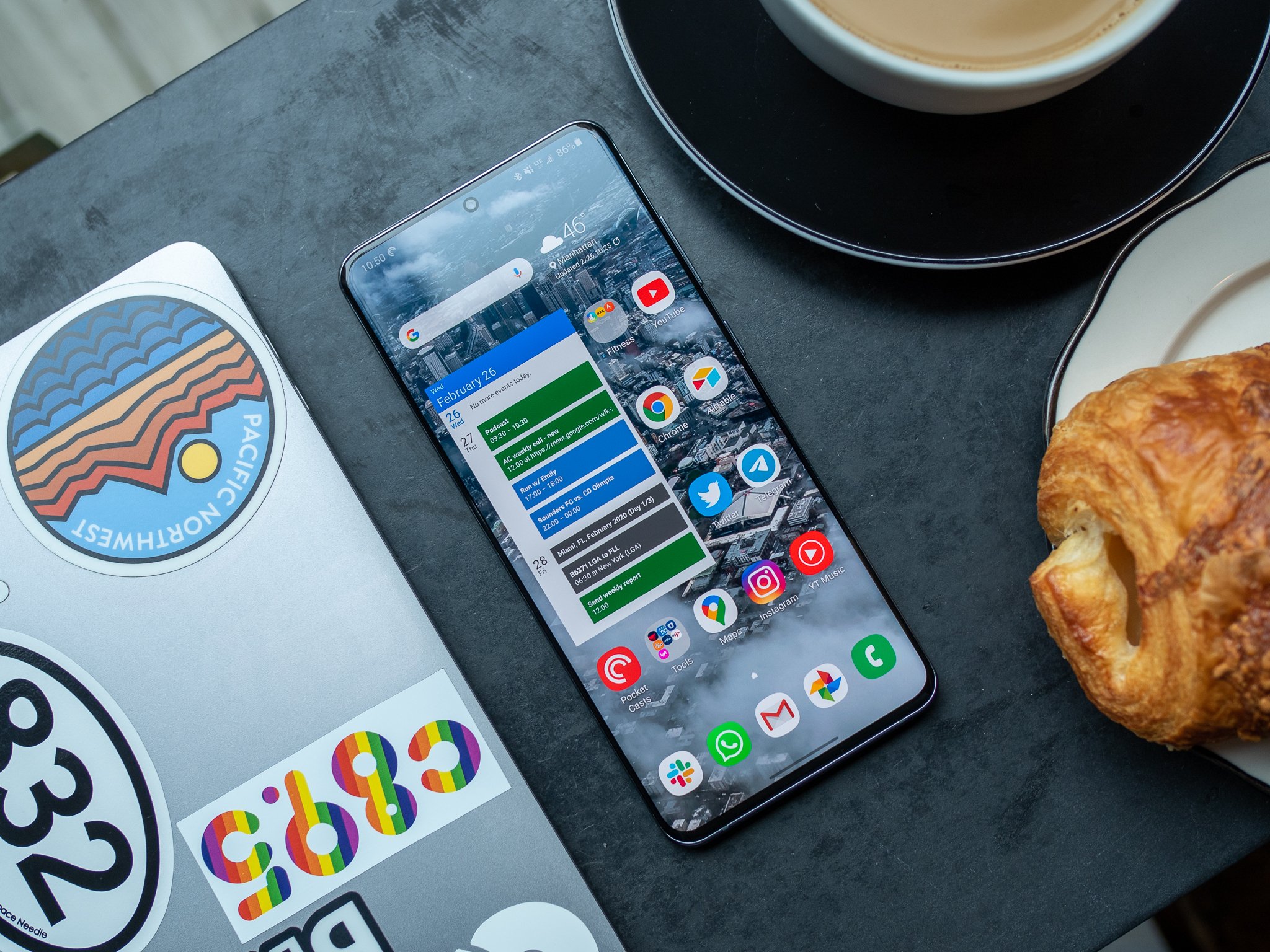
Think about your Android phone for a second. What's the most important part of it? You could argue that it's the processor, display, software, or any other component. All of those things are essential in their own unique way, but at the end of the day, you're primarily interacting with the apps that are installed on it.
From Twitter, YouTube, your favorite mobile game, or the latest weather app everyone's talking about, apps are what make up our phones and what enable us to do so many things. App development is a challenging and intensive process for any platform, but especially so when it comes to Android. Unlike iOS, which is limited to a select handful of devices that Apple releases, Android's open-source nature shows its ugly side when looking at it from a developer point-of-view. That openness is what allows there to be devices of so many different form factors and from a multitude of companies, but creating applications that run seamlessly with so many variables to account for is not an easy thing to approach.
That's a reality that holds true when the world around us isn't dealing with a global pandemic, so when you add that on top of things and the new reality of many developers no longer being able to work in the same office together, things get even stickier.
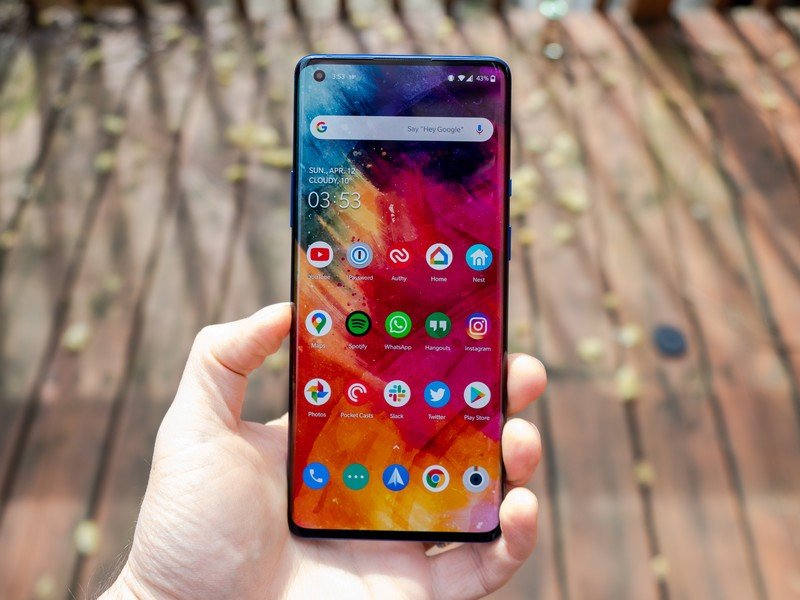
We wanted to get a better idea of how COVID-19 is affecting Android development, so we reached out to a few different dev teams to understand how their workflow has changed and if any new challenges have arisen. We spoke with the team at 1Password, Edison Mail, AccuWeather, Hello Weather, and a popular travel app that chose to remain anonymous. What we learned is that COVID-19 has impacted them in a few different ways, and even if it didn't bring up new roadblocks altogether, it's certainly exacerbated ones that already existed.
Fragmentation is one of the biggest hurdles Android developers have to overcome.
I had the opportunity to talk with Jeff Pearsall, one of the product leads at Edison Mail, and he brought up the issue of fragmentation — something that anyone interested in the Android space is all too familiar with. At Edison's physical office, the team has a file cabinet that's filled with various Android devices that are used to troubleshoot issues that pop up.
Pearsall says that one of the goals at Edison is to make the app feel like it was designed specifically for the phone you're using it on, and when you have to account for different Android versions, third-party interfaces, keyboards, fingerprint sensors, and more, device-specific issues are bound to pop up. By having so many different phones on-hand, Edison can quickly replicate any bugs that users complain about and turn around fixes for them.
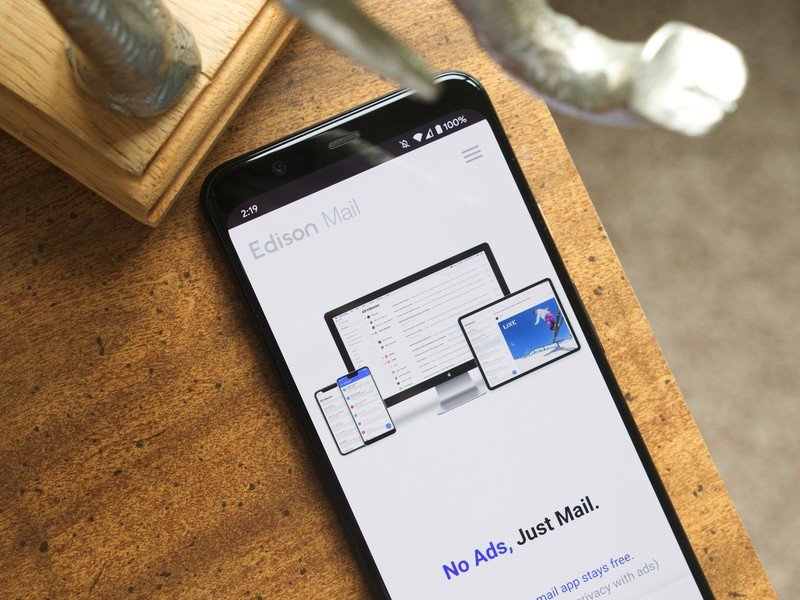
Now that Edison no longer has access to their Android cabinet for in-person troubleshooting, they've been trying to emulate bugs and talk about them over Zoom calls. It does the job for now, but they haven't found a specific solution that's as effective as just playing with the different hardware at the office.
Be an expert in 5 minutes
Get the latest news from Android Central, your trusted companion in the world of Android
Hello Weather co-creator Jonas Downey also touched on the topic of fragmentation, but in a different light. Hello Weather consists of just three people, and from Day One, they had to make the decision that they wouldn't be able to go back and support outdated Android versions. For a team of their size, it's simply impossible to address phones with Android 6.0 or 7.0 and still have time to work on new features and important updates. It's not something that COVID-19 caused, but an ongoing issue that Jonas said has been one of their biggest challenges.
Michael Verde, the Team Lead for 1Password for Android, didn't comment on fragmentation when we spoke with him, but he did speak to some different setbacks the company's been faced with as a direct result of COVID-19.
1Password's typical release cycle for a new Android update is 6-7 weeks, but given the challenges of working from home, the company is now shifting things to 8-9 weeks. They're targeting the same features and changes that were already planned, but now with an extra one or two-week buffer so that the team has plenty of time to get everything done.
Some dev teams are staying on schedule, but that's not the case across the board.
We heard similar reports from AccuWeather and Edison Mail, with both companies noting that they've yet to reach a point where their development roadmaps have been negatively impacted. AccuWeather's big Android app redesign is still on schedule, as are future plans for Edison. However, while that might be the case for large(ish) apps/development teams, the same can't be said for the three-person squad at Hello Weather.
Hello Weather was created back in 2016 as a side project for Jonas Downey, Trevor Turk, and Dan Kim. It's something they're passionate for and care a lot about, but with regular day jobs that also need tending to, it's not their primary area of focus. Jason says he and his team were planning on new features for Hello Weather prior to the COVID-19 outbreak, but once it hit, "the bottom dropped out." One of them got sick, shortly after they had a death in the family, and Jonas, Trevor, and Dan are now in a similar position so many of us are — stuck at home with our families and trying to find a balance that works for everyone. It's a situation that doesn't allow for a lot of free time, and because of that, development for Hello Weather is on a mini hiatus for the time being.
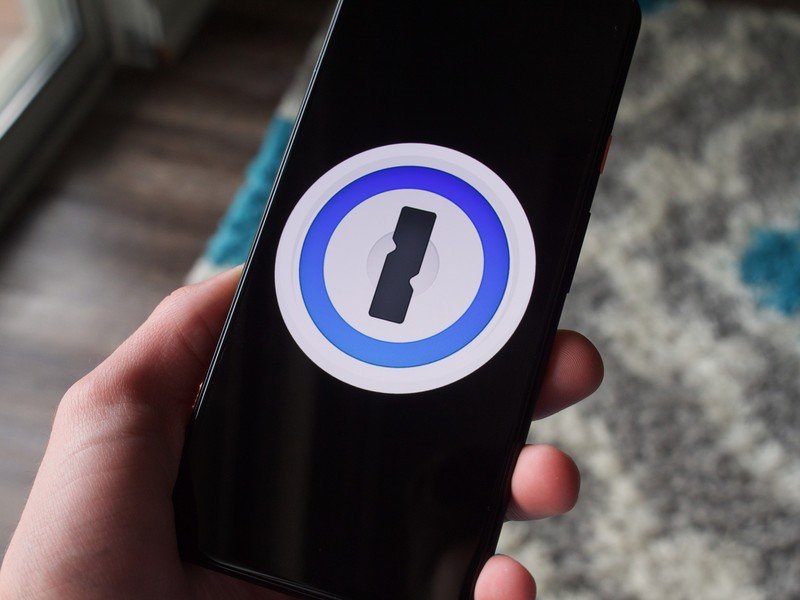
As for the lead of the travel app we spoke with, they're quickly learning that developing a travel app is a hard thing to do when no one is...well, traveling. A big part of the development process for the app consists of complex AB tests that are done at scale to test new features and designs, but with the travel industry at a standstill, that's no longer a thing.
Not only that, but with everyone now working from home, the app lead said that not being in the same room for collaboration has slowed the entire workflow down a bit.
In fact, that's something that seems to be present across the board. This is an issue a lot of us have had to learn over the last couple of months, and that holds true for Android app developers.
In-person collaboration is a core process of the development cycle, and it can't happen right now.
App development is a laborious process and one that requires a lot of collaboration and critical thinking with your co-workers. We're privileged to be in a world where a pandemic can sweep the planet and there are tools in place that allow us to work remotely, but there's something about working in a physical space with your colleagues that you just can't replicate through a Zoom or Google Meet call.
Pearsall from Edison Mail said this has been one of the biggest hurdles for his team. Edison has an open vacation policy and allows its employees to work from basically wherever they want, but Pearsall says most everyone chooses to work at the company's physical office. The bullpen environment is unmatched for bouncing ideas off of each other, and in fact, that's how Edison Mail's Assistant function came to be — an in-app AI that tracks incoming packages, price drops in products you recently purchased, travel notifications, and more. People in the office were just talking out loud about things they wish their email could do for them, and because of that banter, Edison's Assistant was created.
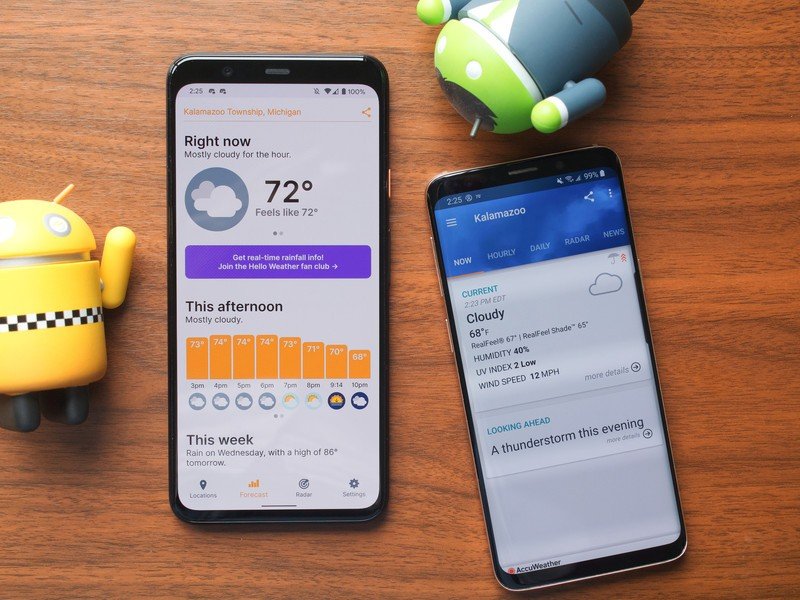
Kurt Fulepp, the Chief Product Officer for AccuWeather, also echoed this sentiment. Even before COVID-19 hit, the company had clusters of people working in New York, Pennsylvania, and Montreal — meaning there was a blend of in-person and remote work happening. With AccuWeather now shifted to an entirely work-from-home basis, things have still changed a bit.
I think it takes away obviously the team dynamic. Our team has moved from being able to hub into daily scrums of at least product and design team members in New York being together in the same room, and as well as our offices. Obviously, pivoting entirely to just being video and digital-based takes away the spirit of interaction.
That said, working from home has also had a positive impact to some degree. As Fulepp notes:
We didn't feel too much of a change. I mean I think that there's the natural human element of going to work every day and enjoying being with your team. We're really high close teams so the not seeing your team members was just that natural disappointment of we're going to have to deal with seeing each other on screen.I think from a development standpoint it's probably actually enhanced our velocity because it's enabled less distraction to be honest. I think that we've been more efficient working from home than we've ever could have imagined just because we're heads down and moving forward.
As for making the whole process of working from home enjoyable for everyone, Fulepp says he and his team have gotten creative with ways to keep the workday as light-hearted as possible — including themed Zoom backgrounds and a virtual happy hour (something we've been doing ourselves here at AC).
I think there's been an evolution into obviously people turning on the cameras, which we've certainly encouraged. As the weeks have gone on, everybody has felt very comfortable for you just seeing them in the bedroom or being in the laundry room or being on the kitchen counter. We've tried as a team to nominate a daily theme that is something personal to you. And not personal and an intrusive way but in a really fun, light-hearted way. So it's like, make your Zoom background something from the year you were born, your favorite family photo, or something like your favorite movie. And I think it's becomes a talking point because people put the unexpected up because it actually becomes a conversation starter, which is the thing that I really enjoy.We try to do a Friday happy hour where we turned a ceremony into 'let's get the job done and talk about what we achieved and now let's all have a virtual happy hour.' Taking a step back and reflecting on achievements is really important for when the world is in such a challenging point in time.
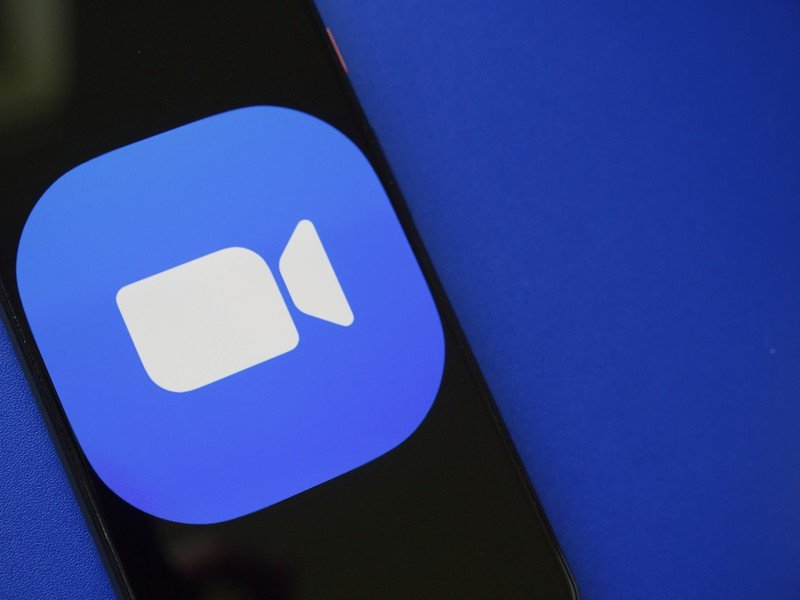
But, of course, it's not all sunshine and rainbows.
In addition to the team dynamic and collaboration process disappearing, working from home has also introduced some morale challenges. Pearsall's noticed that everyone at Edison Mail has struggled with knowing when to unplug. In that office environment, you have set times of when you work and when you go home. When you're already at your house or apartment 24/7, it's not so cut and dry. Some teams at Edison have been working later in the day than they normally do, which is a struggle you've also probably faced.
Verde noted that the 1Password team was already pretty accustomed to working from home, but there's still a massive shift in the workflow when your spouse and kids are also home with you. It introduces new disruptions and eliminates any boundaries that existed before, and even though Verde says productivity hasn't been affected as much as he anticipated, there's still been a push to be more flexible with projects and to have meaningful check-ins with employees.
These are obstacles that aren't limited just to Android developers — they're things you and I are also all too familiar with. However, when you add that on top of the struggles these individuals and teams face on a day-to-day basis when things were "normal," it makes an already difficult job that much more so.
And, unfortunately, that's something we don't think about enough. It can be easy to look at an app on the Play Store as nothing but a piece of software, but each one was created by an individual or a group of people that put a massive amount of blood, sweat, and tears into it. They may not always work perfectly, but just know that there are folks are doing what they can to keep all of your favorite apps and games working as usual — even in the middle of a pandemic.
Joe Maring was a Senior Editor for Android Central between 2017 and 2021. You can reach him on Twitter at @JoeMaring1.

